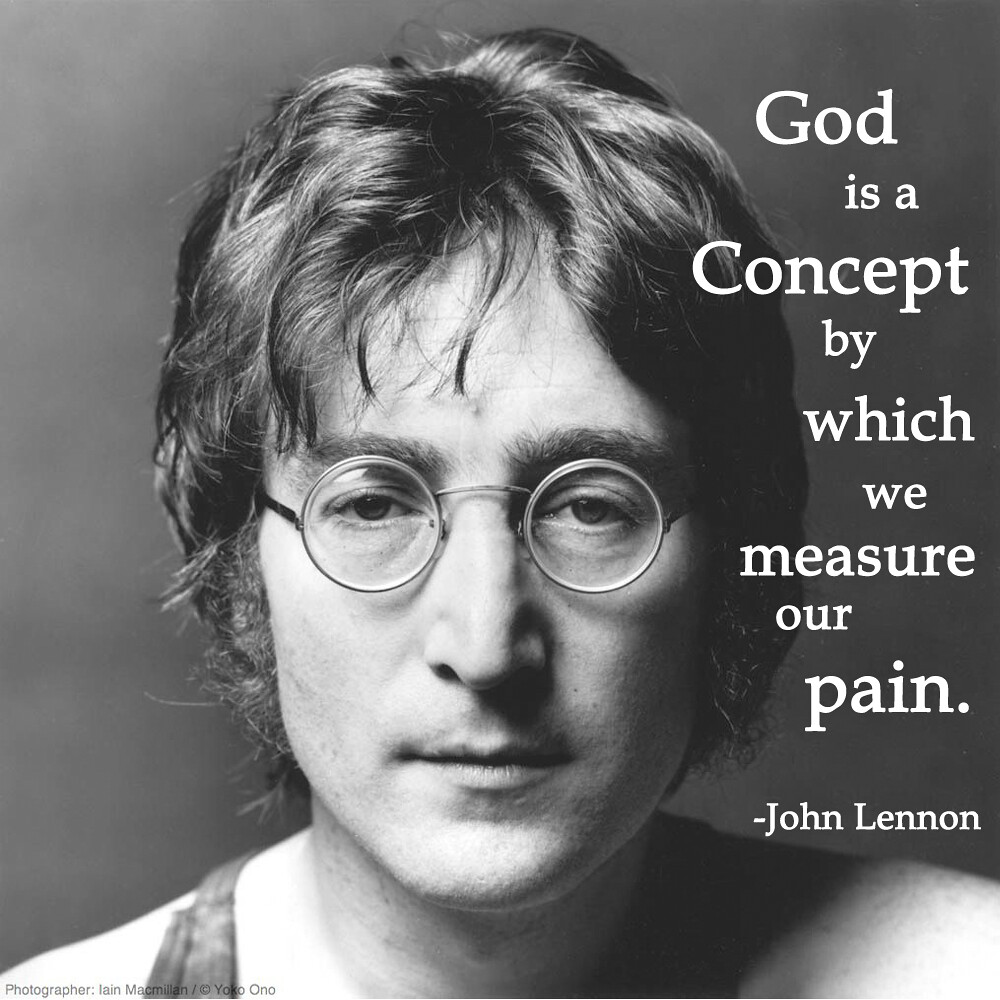I’m not sure what this is going to be, I’m just going to word vomit a little about some stuff I’ve been thinking about.
So, um, life is pain. To live is to suffer. Buddhism starts there, which I think is good. I don’t think any religion originally tried to deny that life is pain, but the idea seems to be imported into Christianity with the idea that God is “omnibenevolent” as well as omnipotent and omniscient.
“God is a concept by which we measure our pain” is spot on, I think, for this reason. I think our relationship to “God” is often a way for us to make sense of suffering, really – either by trying to give ourselves the illusion of control, maybe, or maybe in the, like “screaming at the sky” trope that we sometimes do when terrible things happen to good people…

I mean, I don’t think it’s a coincidence that the dominant religion of the West puts a dude who suffers unjustly at its center. The only way humans know how to make sense of this life, how to keep ourselves sane, is to imagine that maybe the most central part of the whole onion of life is suffering.
The story of Jesus is so compelling to us because it’s the story that tells us that even God suffers – and presumably, if anybody had a choice, it would be the dude we imagine as running the place, right?
So, but, to get away from the Christianity part, I think the point is… God is a metaphor for our individual relationships with existence as a whole, and an exploration of the possibility that there’s some kind of direction or teleology or purpose to… reality itself, I guess. So naturally, religion has at its center the question of suffering, and is used as a way to try and make sense of life in the context of suffering, of struggle and heartache and loss and, just… all of the shitty parts of life, even when hope wears dangerously thin and you feel like all of human progress has been built on a collective delusion that what we’re doing here matters at all, in the grand scheme of things.










